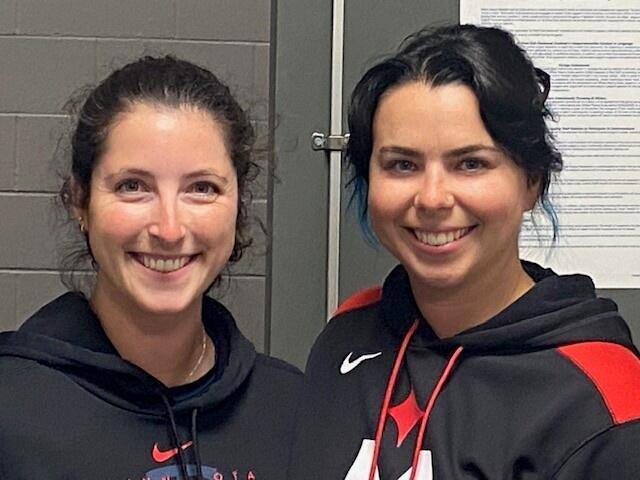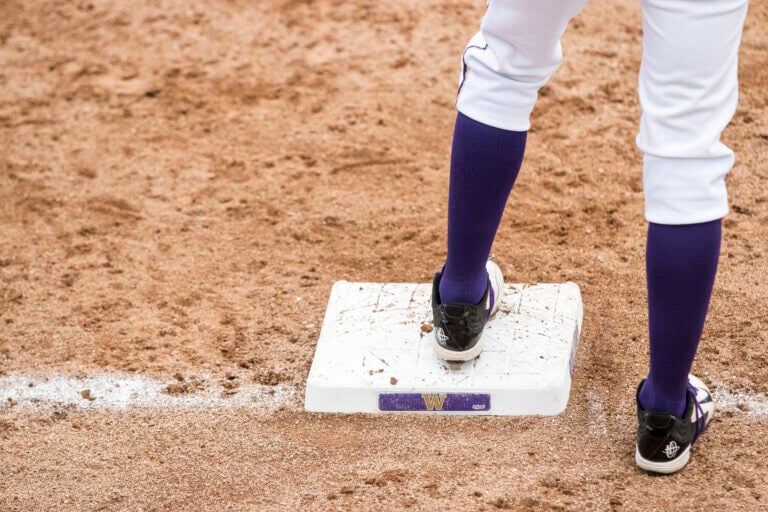Unlocking the Untapped Potential in Women's Sports
 With each Olympic Games, athletes are expected to break new records. Experts have long debated whether we are nearing the limits of human performance, often overlooking the untapped potential in women’s sports!
With each Olympic Games, athletes are expected to break new records. Experts have long debated whether we are nearing the limits of human performance, often overlooking the untapped potential in women’s sports! The rate of improvement in female athletic performance has outpaced that of men. For instance, from 1985 to 2004, female marathon records improved three times faster than men's.
The rate of improvement in female athletic performance has outpaced that of men. For instance, from 1985 to 2004, female marathon records improved three times faster than men's.
This raises the question of whether women may eventually surpass men in endurance sports. Despite this, women's sports remain underfunded and under-researched.
Women in Sport reported that the UK government allocated only £3 million to women's football out of a £35 million investment in 2022-23.
In 2012, the Women's Sport and Fitness Foundation highlighted that women's sports received just 0.5% of all commercial sponsorships. Over a decade later, a 2023 report found that 90% of sponsorships still favor men’s sports.
This funding gap significantly impacts career aspirations, with only 29% of girls and young women aspiring to reach the top in sports, compared to over 50% of boys and young men.
The lack of research in women's sports further hinders progress. Most sports science research focuses on men, with only 6% involving female participants. This oversight means female athletes are often assessed using male-centric data, despite physiological and psychological differences.
Studies show that women have advantages such as superior fatigue resistance, yet this potential remains largely unexplored due to insufficient female-specific research.
Motherhood adds another layer of complexity. Many female athletes retire early due to a lack of support during pregnancy and postpartum. However, progress is being made, with the 2024 Paris Olympics accommodating breastfeeding athletes and offering nurseries.
At this year’s Games, female athletes like sprinter Shericka Jackson and swimmers Kaylee McKeown and Mollie O’Callaghan are poised to break records. Imagine the potential if we adopted female-centric approaches to training, recovery, and mental preparation.
The future of women’s sports holds immense promise if given the proper support and research.
Dive in deeper here!
![HR Logo [Recovered]_Full Color Vertical-1](https://blog.healthyroster.com/hs-fs/hubfs/HR%20Logo%20%5BRecovered%5D_Full%20Color%20Vertical-1.png?width=199&height=178&name=HR%20Logo%20%5BRecovered%5D_Full%20Color%20Vertical-1.png)
 By
By


